For those struggling with asthma’s persistent wheezing, breathlessness, and chest tightness, conventional treatments may provide relief, but many seek complementary approaches to alleviate symptoms and enhance overall well-being. Embark on a journey into the ancient art of yoga mudras, hand gestures that harness the power of vital energy, or prana, to promote healing and respiratory ease. Delve into the science behind mudras and discover six specific mudras specifically designed to address asthma’s challenges. Learn how to incorporate these mudras into your daily routine, seamlessly integrating them into your existing asthma management plan. This comprehensive guide will empower you to take control of your respiratory health and experience the transformative power of yoga mudras.
Benefits of Mudras for Asthma Management
- Reducing inflammation: Mudras can stimulate the parasympathetic nervous system, which promotes relaxation and counteracts the inflammation associated with asthma.
- Improving airflow: Mudras can help to open up the airways, allowing for easier passage of air into and out of the lungs.
- Enhancing lung function: Mudras can stimulate the muscles involved in respiration, strengthening the lungs and improving their ability to function properly.
- Balancing the immune system: Mudras can help to regulate the immune system, reducing the body’s susceptibility to allergic reactions and other triggers of asthma.
- Reducing stress and anxiety: Mudras can promote relaxation and reduce stress, which can worsen asthma symptoms.
- Improving sleep quality: Mudras can help to improve sleep quality, which can contribute to overall well-being and reduce the severity of asthma symptoms.
- Enhancing energy levels: Mudras can help to increase energy levels, which can improve overall quality of life for individuals with asthma.
Six Yoga Mudras for Asthma Relief
For individuals with asthma, mudras can help to alleviate symptoms, improve lung function, and enhance overall well-being. Here are six yoga mudras for asthma relief:
Asthma Mudra
Benefits:
- Calms the nervous system
- Eases breathing difficulties
- Opens up the airways
Practice Instructions:
- Sit comfortably with your spine straight and your shoulders relaxed.
- Bring your palms together, with the tips of your middle fingers touching.
- Fold your middle fingers over the thumbs and intertwine the remaining fingers.
- Close your eyes and focus on your breath.
- Hold the mudra for 10-15 minutes.
Adi Mudra
Benefits:
- Stimulates the thymus gland
- Boosts the immune system
- Reduces inflammation
Practice Instructions:
- Sit comfortably with your spine straight and your shoulders relaxed.
- Rub the tips of your thumb and index finger together vigorously.
- Keep the other fingers extended.
- Close your eyes and focus on your breath.
- Hold the mudra for 10-15 minutes.
Bronchial Mudra
Benefits:
- Clears congestion
- Opens up the bronchial tubes
- Improves airflow
Practice Instructions:
- Sit comfortably with your spine straight and your shoulders relaxed.
- Press the tips of your thumbs, index fingers, and middle fingers together.
- Keep the other fingers extended.
- Close your eyes and focus on your breath.
- Hold the mudra for 10-15 minutes.
Linga Mudra
Benefits:
- Balances the prana energy
- Promotes overall well-being
- Reduces stress and anxiety
Practice Instructions:
- Sit comfortably with your spine straight and your shoulders relaxed.
- Clasp your hands together, wrapping the thumb and index finger of one hand around the thumb of the other hand.
- Close your eyes and focus on your breath.
- Hold the mudra for 10-15 minutes.
Uttarabodhi Mudra
Benefits:
- Enhances lung function
- Improves breathing patterns
- Strengthens the respiratory muscles
Practice Instructions:
- Sit comfortably with your spine straight and your shoulders relaxed.
- Place your palms together with the fingers pointing upwards and the thumbs crossed.
- Close your eyes and focus on your breath.
- Hold the mudra for 10-15 minutes.
Pushan Mudra
Benefits:
- Stimulates the respiratory system
- Clears mucus from the lungs
- Improves overall respiratory health
Practice Instructions:
- Sit comfortably with your spine straight and your shoulders relaxed.
- Rub your palms together vigorously until they generate heat.
- Spread the heat throughout your body, paying particular attention to your chest and lungs.
- Close your eyes and focus on your breath.
- Hold the mudra for 10-15 minutes.
Incorporating Mudras into Your Asthma Management Plan
General Guidelines for Practicing Mudras Effectively
To maximize the benefits of mudras, follow these general guidelines:
- Practice regularly: Aim to practice mudras for at least 10-15 minutes each day for optimal results. Consistency is key to experiencing their therapeutic effects.
- Focus on your breath: As you practice mudras, pay attention to your breath and notice any changes in your breathing patterns. Deep, diaphragmatic breathing can further enhance the benefits of mudras.
- Maintain proper posture: Sit or stand with your spine straight and your shoulders relaxed to create a stable foundation for practicing mudras. Avoid slouching or hunching over, as this can restrict airflow.
- Use gentle pressure: Apply gentle pressure to your fingers and palms when forming mudras. Avoid excessive force or straining, as this can lead to discomfort or pain.
- Incorporate mudras into your daily routine: Find a time that works best for you to practice mudras, whether it’s first thing in the morning, during a yoga session, or before bedtime. Consistency is key to reaping the benefits of mudras over time.
Tips for Integrating Mudras into a Daily Routine
Here are some practical tips for integrating mudras into your daily routine:
- Start small: Begin by practicing one or two mudras that resonate with you. Gradually incorporate more mudras into your routine as you become more comfortable and familiar with their practice.
- Practice while doing other activities: You can practice mudras while sitting at your desk, watching TV, or even waiting in line. This allows you to reap the benefits of mudras without disrupting your daily schedule.
- Use mudras as a mindfulness practice: Mudras can serve as a powerful tool for mindfulness and relaxation. Focus on the sensations in your hands and fingers, and let go of any distracting thoughts or worries.
- Combine mudras with other practices: Integrate mudras into your existing asthma management plan, which may include medication, breathing exercises, and dietary modifications.
Combining Mudras with Other Asthma Management Strategies
Mudras can be effectively combined with other asthma management strategies to enhance overall respiratory health:
- Breathing exercises: Practice pranayama, or yogic breathing exercises, along with mudras to deepen your breath and improve lung function.
- Yoga poses: Incorporate gentle yoga poses that focus on opening up the chest and improving airflow, such as Cat-Cow Pose (Marjaryasana-Bitilasana) and Triangle Pose (Trikonasana).
- Dietary modifications: Avoid foods that trigger asthma symptoms and opt for a diet rich in anti-inflammatory foods, such as fruits, vegetables, and whole grains.
- Stress management: Engage in stress-reduction techniques such as meditation, mindfulness exercises, and spending time in nature to minimize stress, which can worsen asthma symptoms.
By incorporating mudras into your asthma management plan, you can harness the power of hand gestures to promote respiratory health, reduce symptoms, and enhance overall well-being. Remember, consistency and mindfulness are key to reaping the full benefits of this ancient healing practice. Hopefully, the above article of TTC has provided you with useful information. If you have any questions or concerns, please leave a comment below.
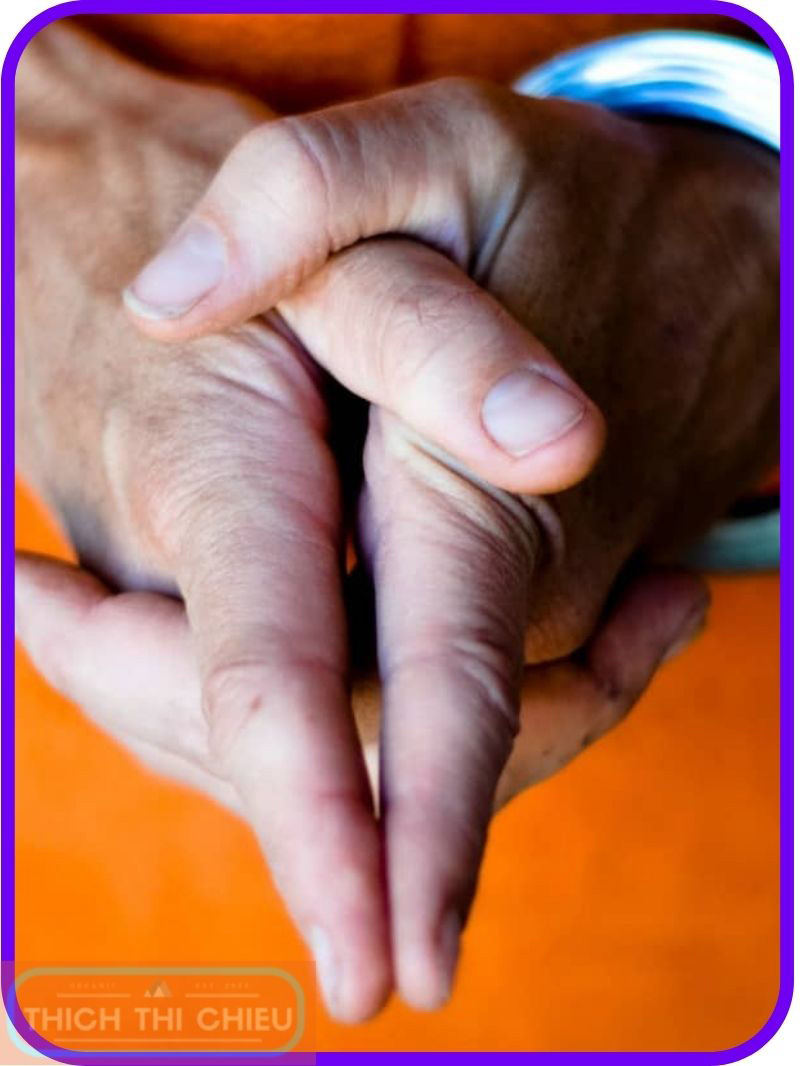
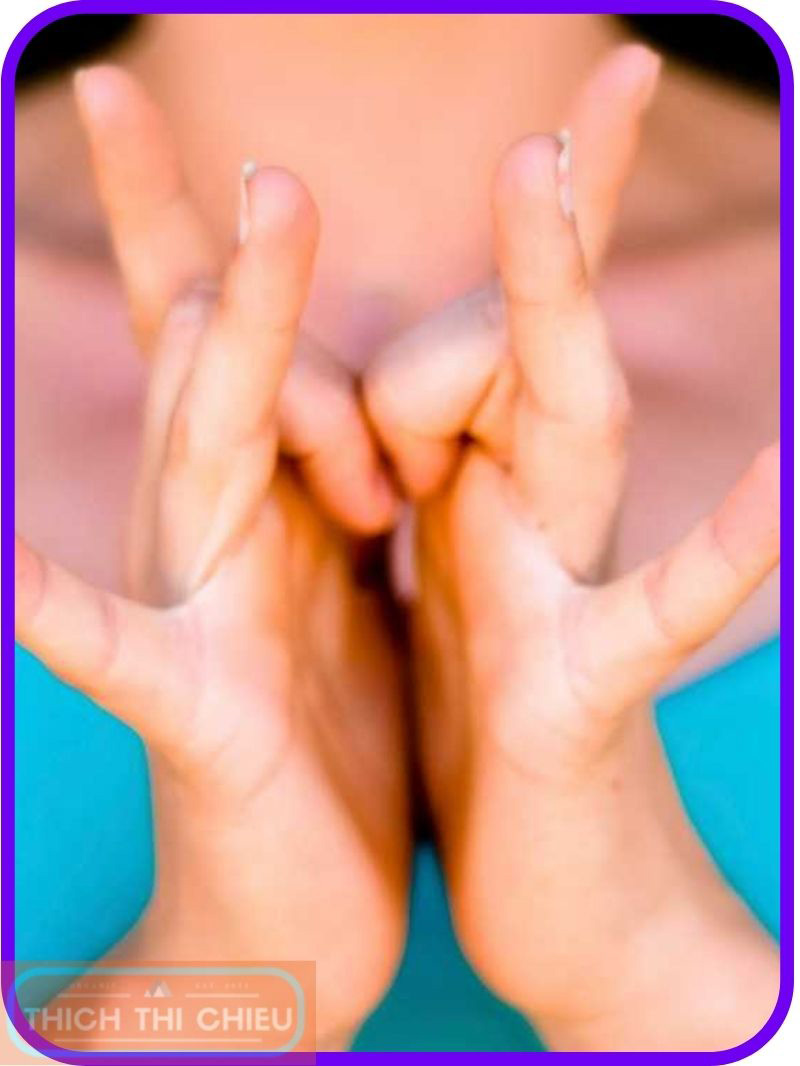
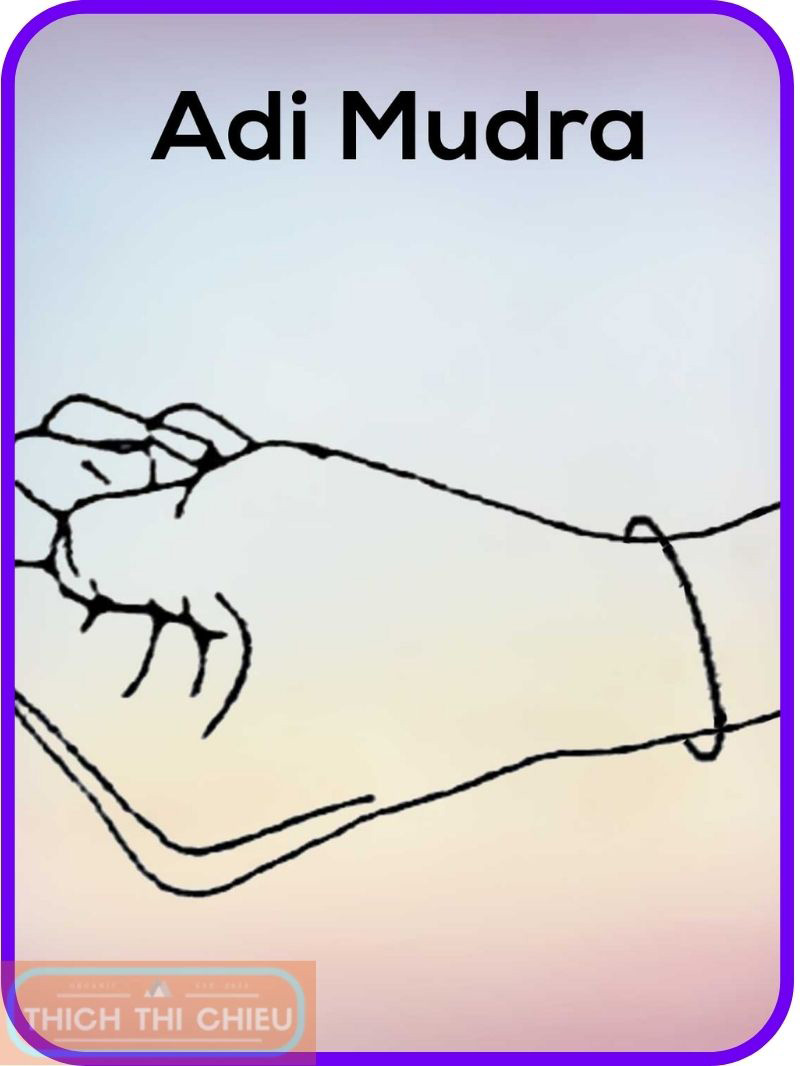
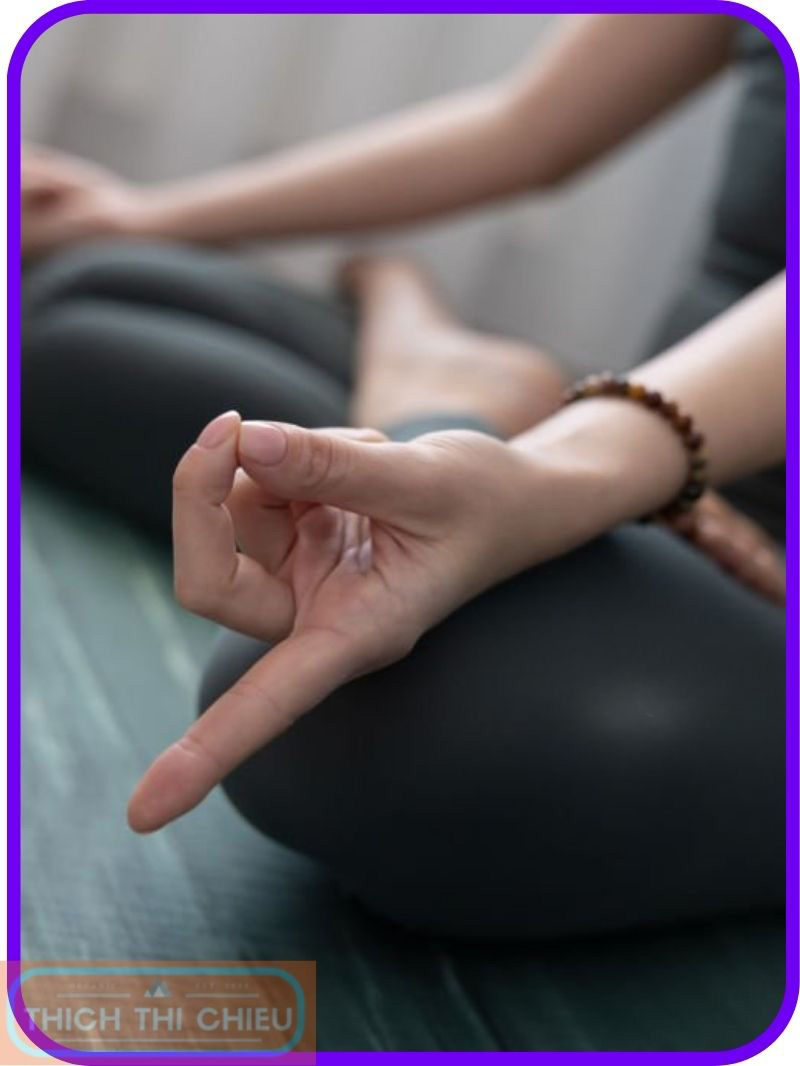
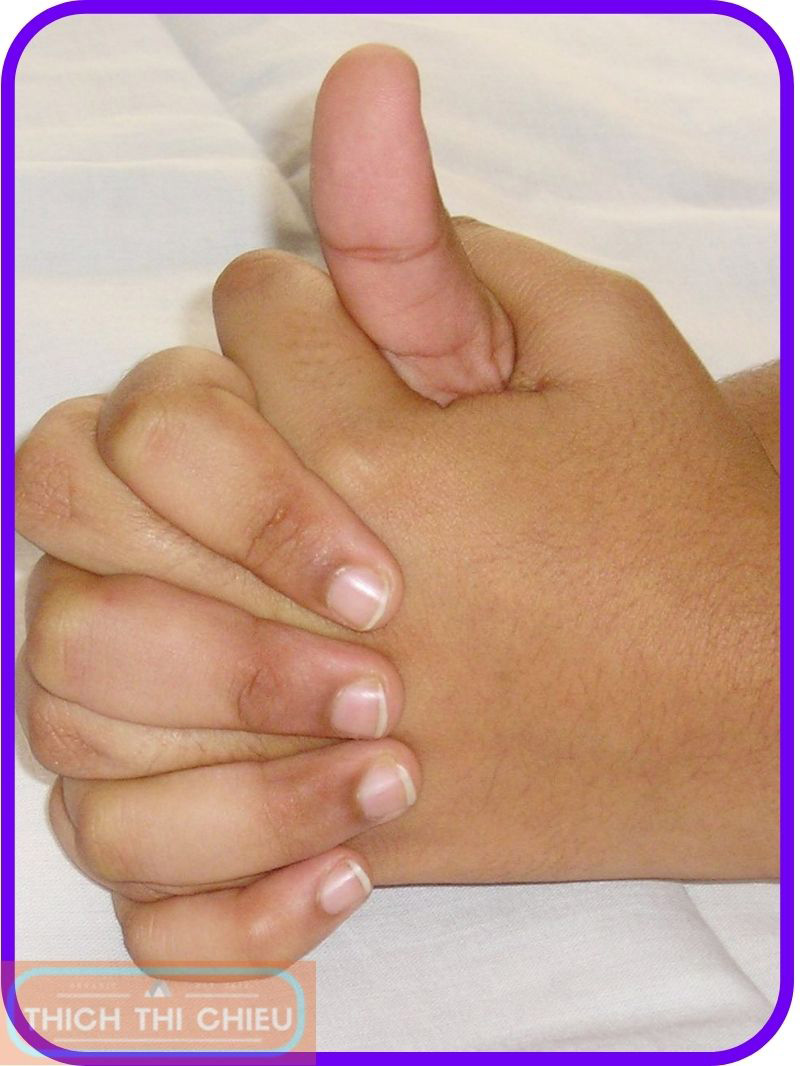
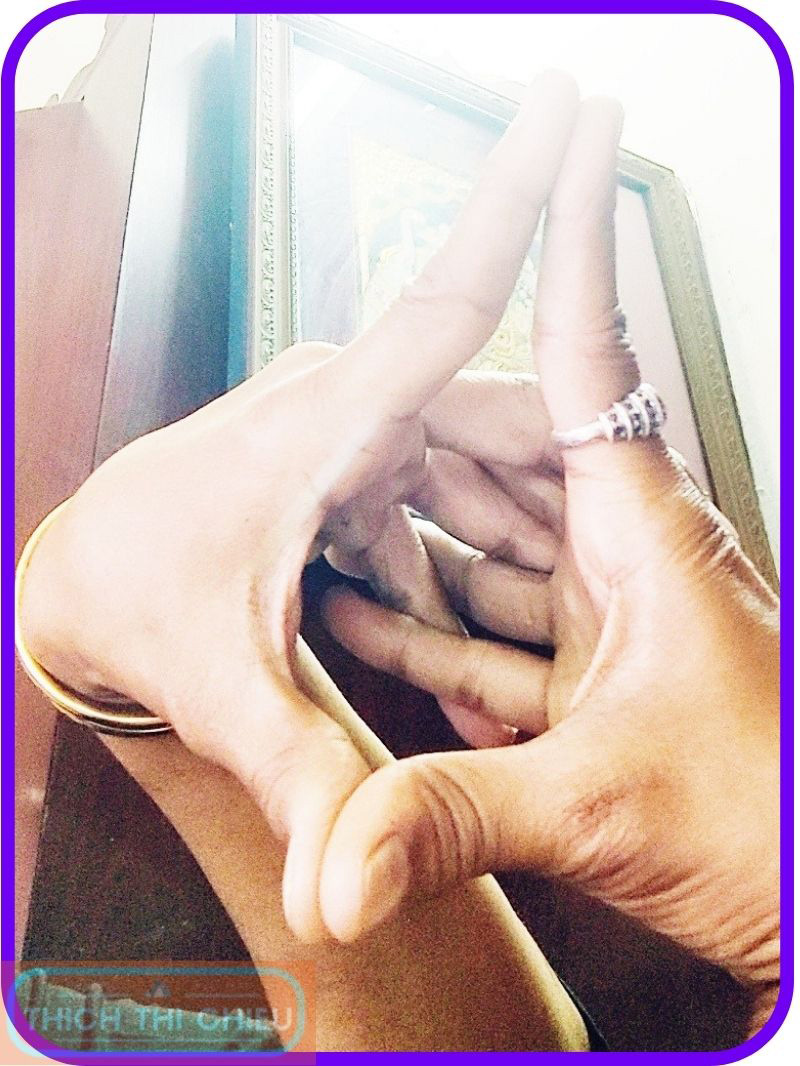
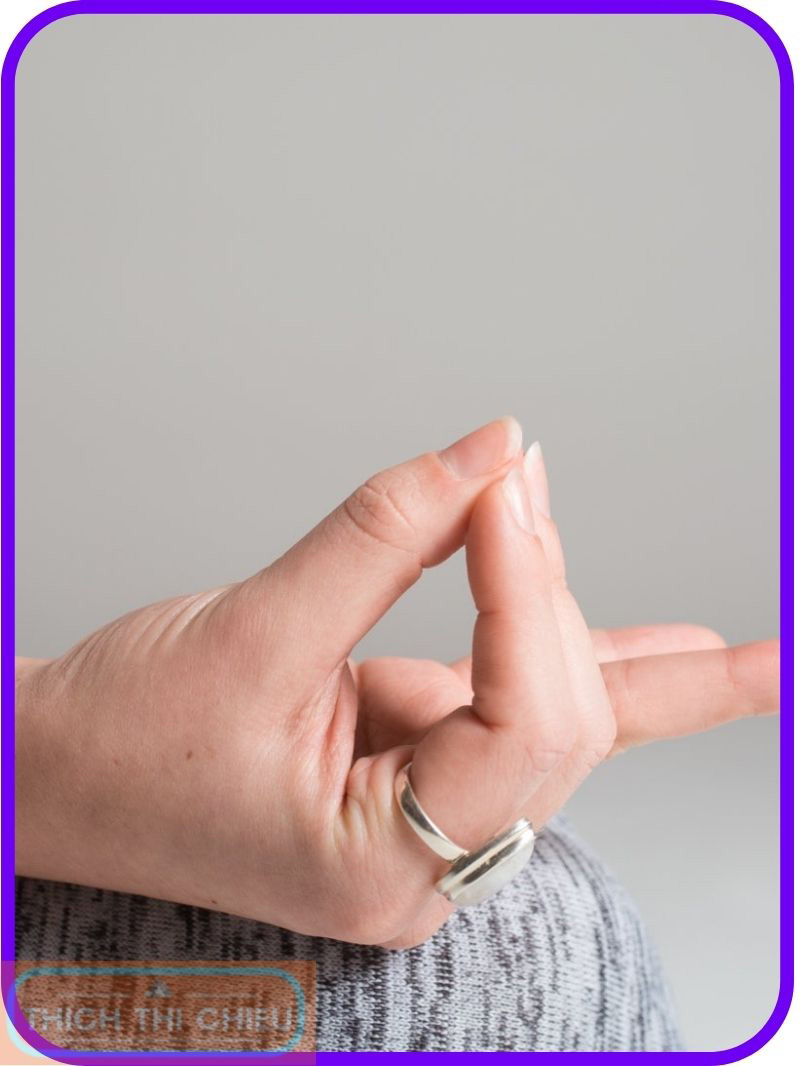





Leave a Reply